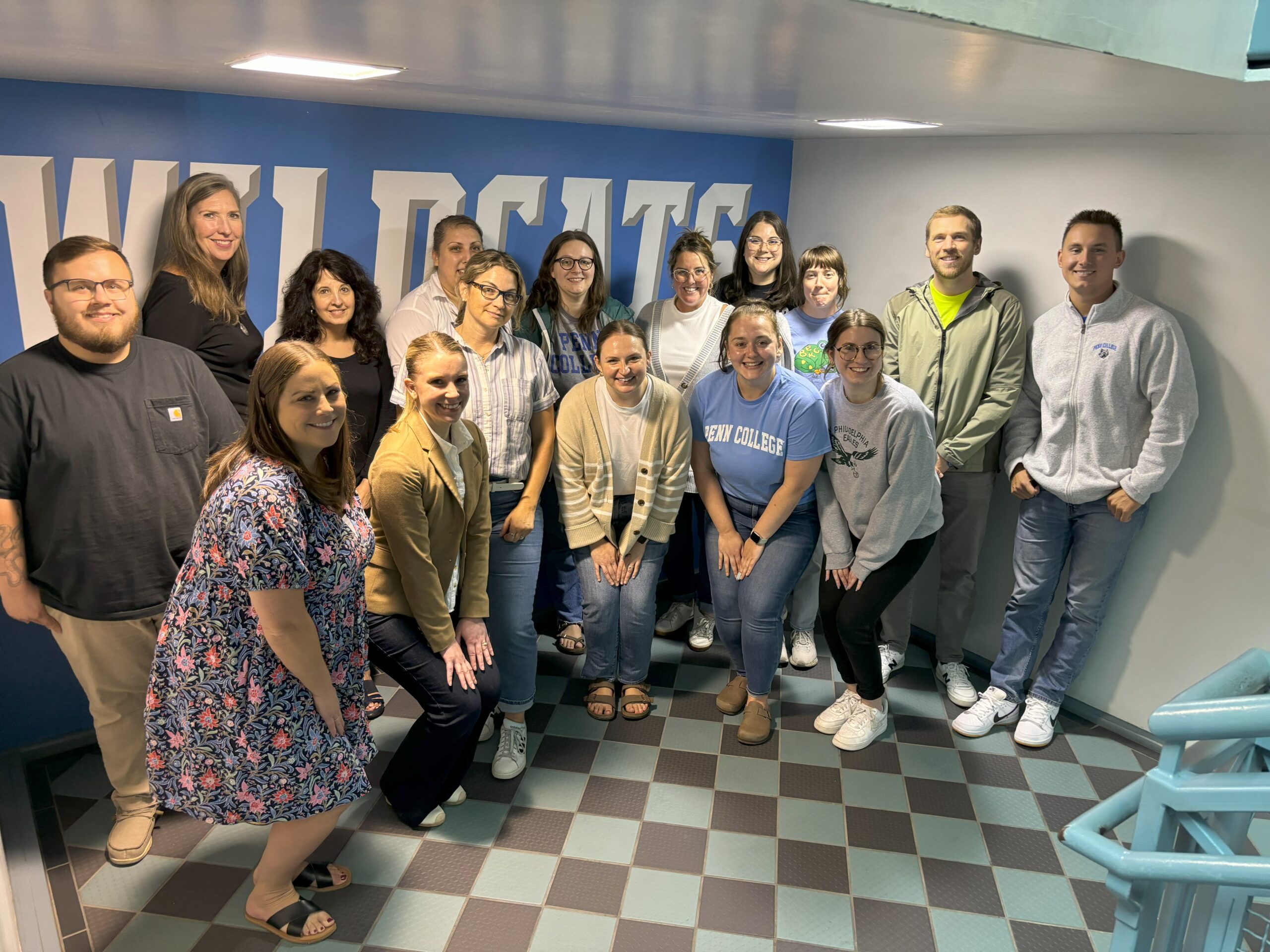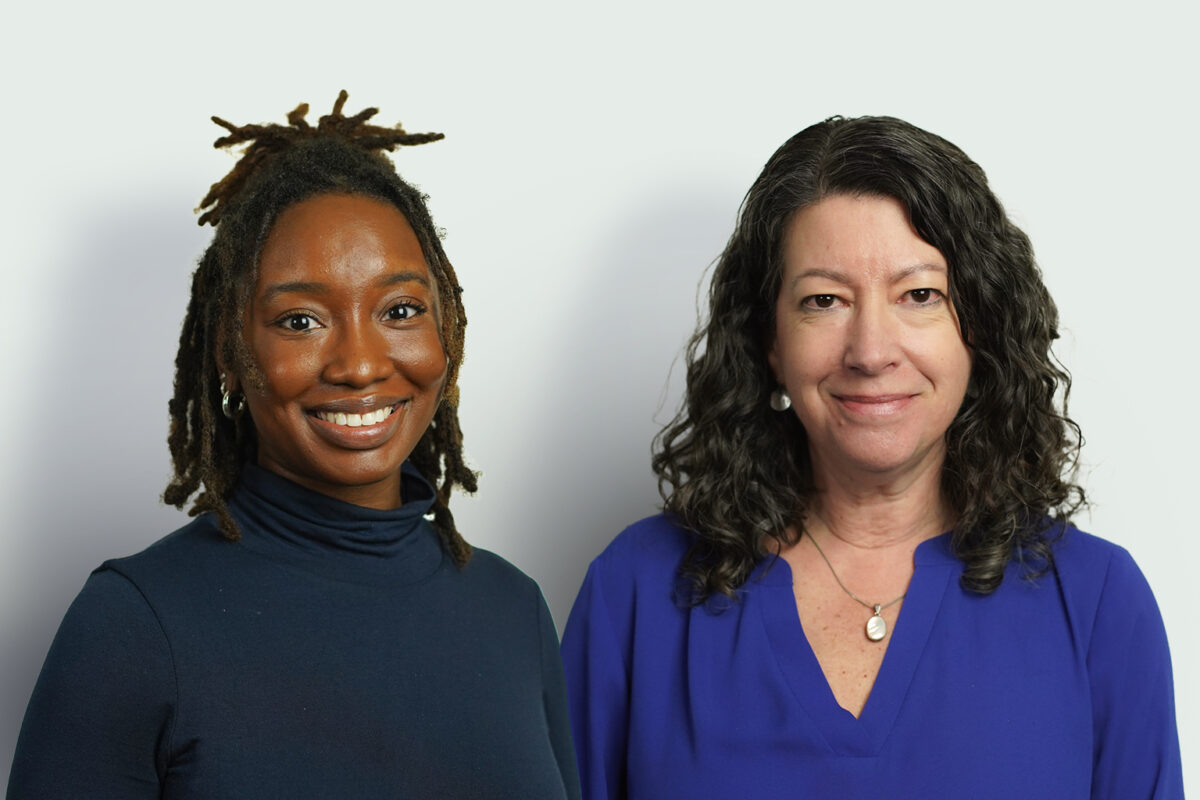Today’s college-bound students are digital natives. They expect personalized content, on-demand info, and seamless online experiences. And colleges have responded to the growing potential of AI—by 2025, an estimated 82% of institutions are using artificial intelligence in some capacity within their admissions processes (Intelligent.com, 2023).
AI-powered tools like chatbots, automated messaging, and personalized outreach provide 24/7 support and tailored responses. These technologies improve efficiency, reduce summer melt, and help institutions stay connected with students and families throughout the student decision-making journey.
But even in an age of automation, there are moments when a real conversation makes all the difference in building trust. Choosing to invest in college is one of the biggest financial decisions a family can make—so understanding how a student will fit in on campus requires honest, human conversations that go beyond marketing.
When a real person from an institution takes the time to reach out to a prospect genuinely, it fundamentally shifts the credibility of the interaction. A one-on-one connection can instantly turn a school from just another option into a serious contender.
I’ve seen this firsthand. When my daughter, a high school junior, was approached by a coach from a school she hadn’t been seriously considering, everything changed. That one authentic interaction made her more curious. She started asking questions, exploring the website, and imagining herself there. It wasn’t a campaign or a chatbot that sparked that interest—it was a real person who saw her and acknowledged her potential.
Human Moments in College Search
Genuine interaction is powerful. But in a busy admissions office with mounting pressures and responsibilities, it’s not always possible. That’s why it’s essential to recognize when human moments matter most to prospective students and families.
Let’s break down when human connections matter most:
Early Exploration (Sophomore–Junior Year)
Students are just starting to form opinions. They’re curious—but unsure. “What makes your school different?” “Would I fit in here?” They want genuine answers, not a sales pitch. Often, they’re looking for a current student or a counselor who sounds like a real person, not a script.
Why it matters: A warm, authentic introduction from someone at your institution gives your school instant credibility and makes you stand out from the start.
Application Phase (Senior Fall)
This is when stress spikes and uncertainty creeps in. “Am I a strong applicant?” “What do I put in my essay?” They’re looking for guidance, reassurance, and clarity.
Why it matters: A helpful counselor can turn hesitation into action—and encourage a complete, confident application.
Financial Aid Questions (Senior Winter)
Cost is one of the biggest factors in the decision. But students (and families) don’t always understand the process. “How much will it really cost?” “Can someone walk me through this?”
Why it matters: If your team can explain aid in a clear, empathetic way, you’re building trust—something every student needs.
Decision-Making (Senior Spring)
This is when students compare offers, visit campuses, and imagine their next four years. “Why your school over the others?” “What’s it really like to live there?” They want answers from current students, professors, or staff who care.
Why it matters: Students remember how you made them feel. A strong human connection can tip the scales in your favor.
The Power of Timing and Trust
It’s important for parents like me and higher ed marketers like you to note how high school senior year is a season of rapid change—academically, socially, and emotionally—which makes the college decision anything but linear.
As Brennan Nokelby, Assistant Director of Admissions at Hillsdale College, explained to me on a recent Innovating Enrollment Success podcast episode, “I work a lot with students one-on-one… it’s really interesting how I’ll talk to a student in September and maybe they’re not as interested in a place like Hillsdale—or they’re very interested—and then how that shifts over time based on what happens senior year for a student… the difference between fall and spring semester can be a big one.”
These evolving perspectives underscore why authentic, ongoing human connection is essential during the college search. It’s not just about providing information—it’s about meeting students where they are, again and again, as their needs, questions, and confidence shift.
Timing, curiosity, and personal connection—they all matter more than most institutions realize. A real conversation, especially at a key moment in a student’s journey, has the power to open doors that data and automation alone never could.
How Institutions Can Support More Human Moments
We know human connection matters—not just from anecdotes, but from student behavior, mental health data, and enrollment outcomes. So how can colleges create more space for it?
It starts with training, support, and intentionality.
At Paskill, we’ve seen how admissions efforts transform when teams are equipped to truly connect—not just inform. Our Admissions Workshops build confidence through real-life practice, helping teams lead with empathy, navigate sensitive topics, and create a sense of belonging for every student.
As parents, we know when our teens need to put down the phones and talk it out. That takes persistence—but connecting with them matters. College is a big investment and a huge life change. Real conversations help them build trust, make better decisions, and hopefully, thrive.
Because in the end, it’s not just about getting into the right school. It’s about raising good humans—ones who can advocate for themselves, ask thoughtful questions, and recognize when something feels right. And that kind of growth doesn’t come from an algorithm. It comes from people showing up, listening, and caring—at exactly the right moment.




